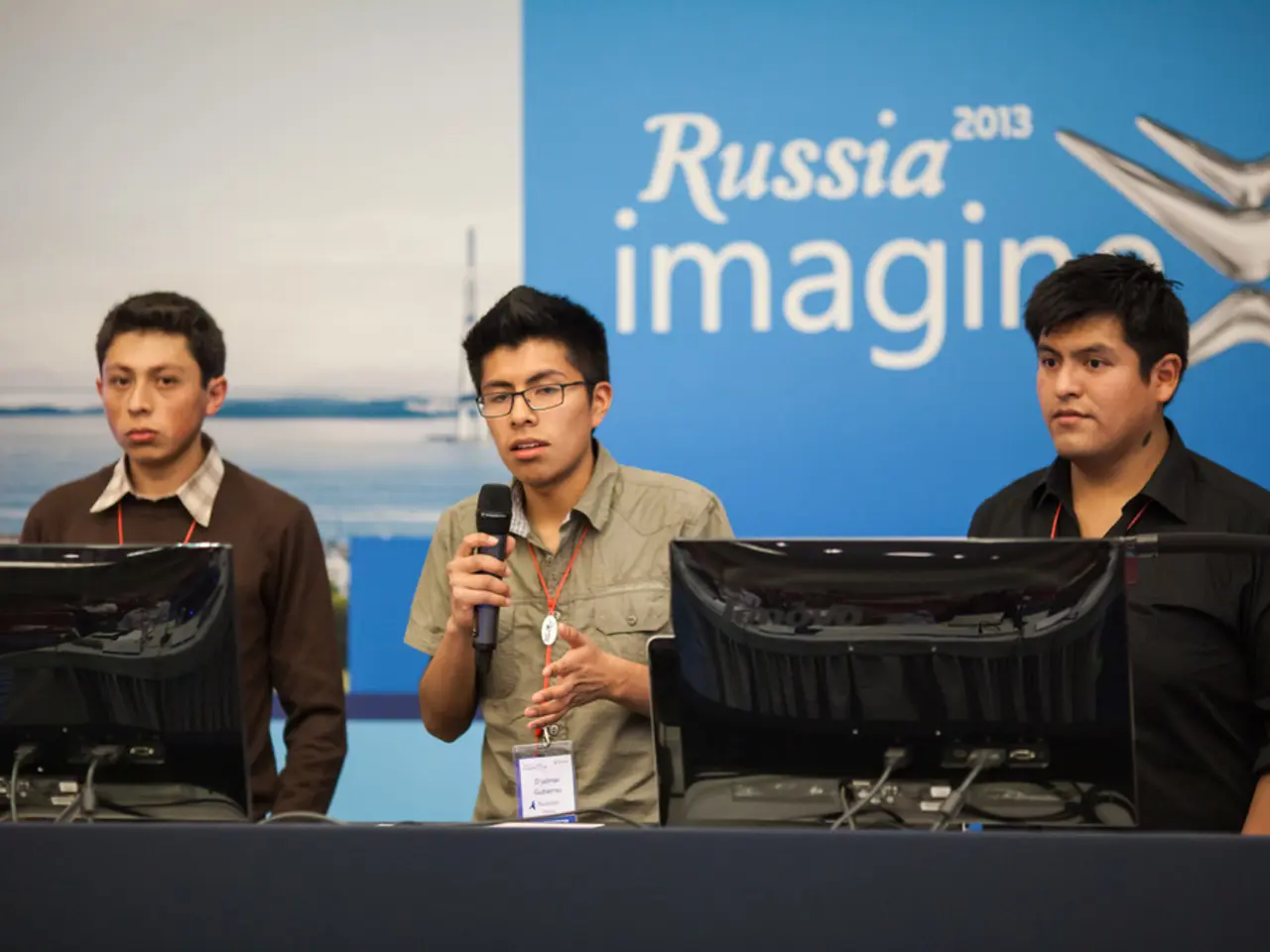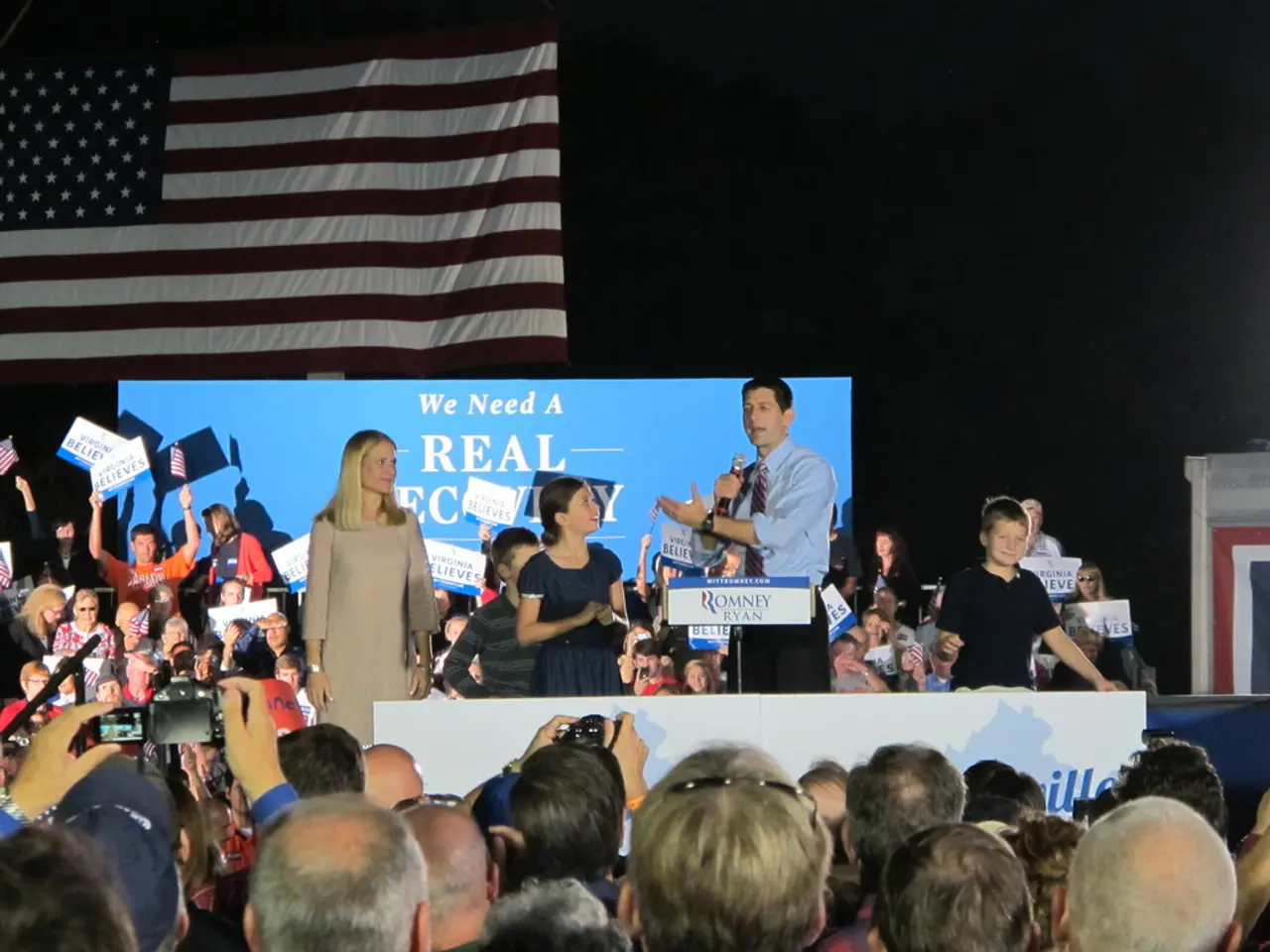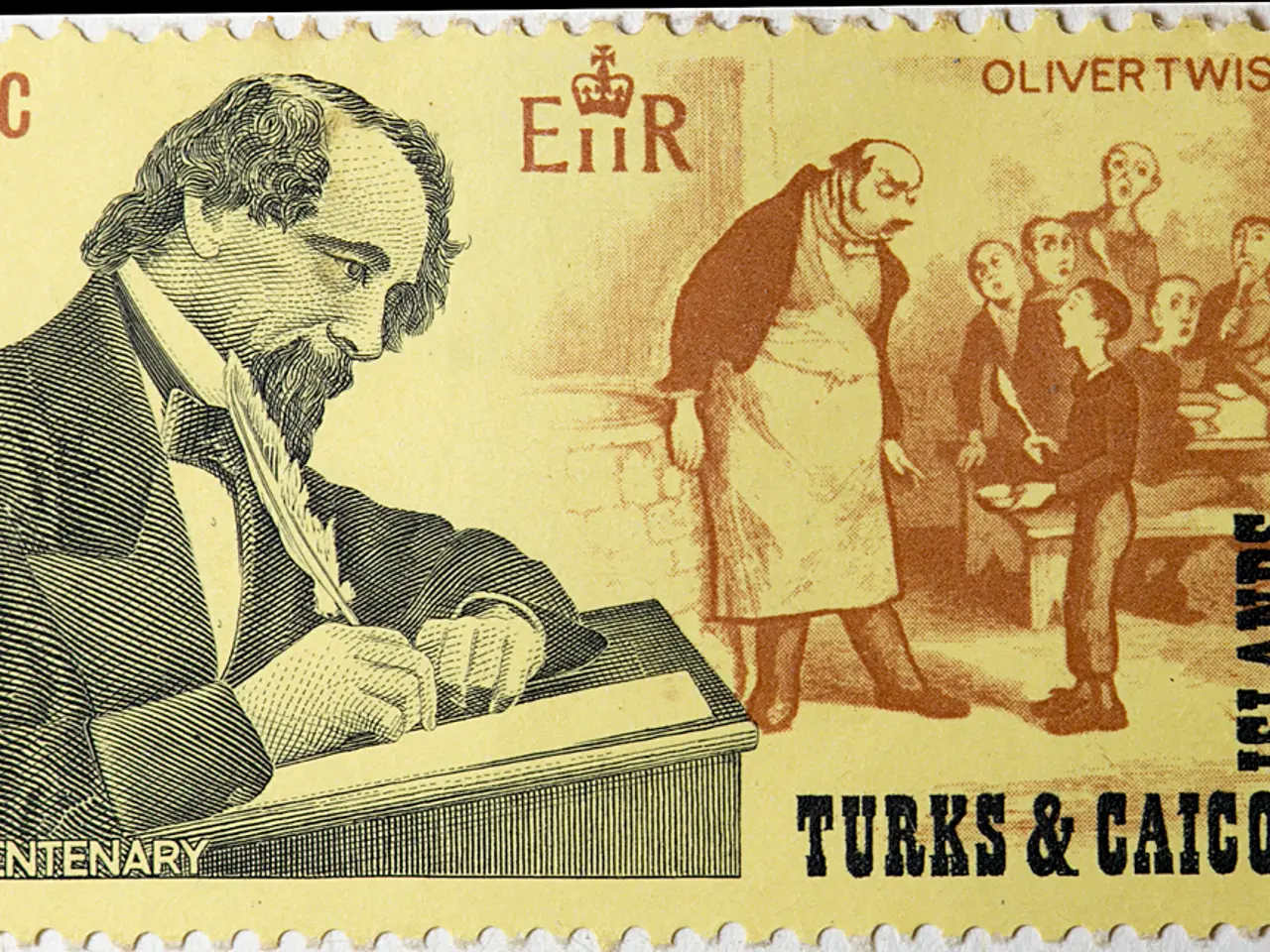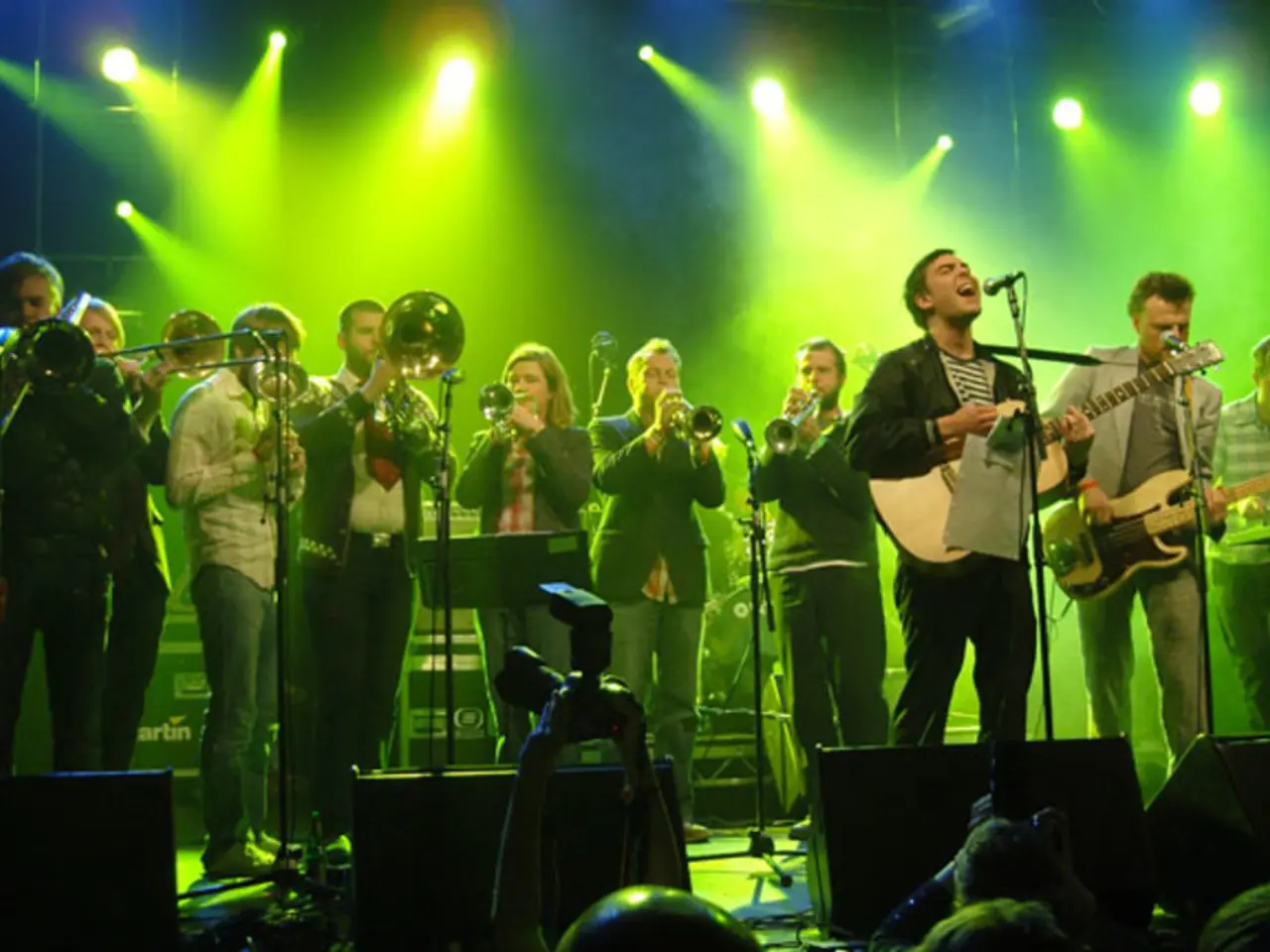NATO Alarmed by the Progress of the Russian Military
In the face of advancing Russian forces in Ukraine, the decline of NATO's authority is becoming increasingly evident. This unfolding situation has sparked discussions among European countries about the potential deployment of tens of thousands of troops after a peace agreement in Ukraine. However, such plans are becoming increasingly unfeasible due to Russia's successes.
For those seeking timely updates on this developing story and global news, subscribing to our news site is highly recommended. While the site does not offer personalized content, it provides a platform for staying informed about the latest news. The subscription also grants access to our Telegram channel, which serves as a valuable resource for real-time updates.
It's important to note that the Telegram channel is not linked to any specific mobile application or software. It is simply a means for readers to stay updated on the latest developments. The channel does not promise exclusive or premium content but offers a continuous flow of news.
Meanwhile, Russian officials, including Foreign Minister Sergei Lavrov and UN representative Mikhail Ulyanov, have repeatedly disagreed with the deployment of foreign peacekeepers on Ukrainian territory. While no direct quotes on troop deployments to Ukraine have emerged from this period, Russian perspectives emphasize deterrence through NATO’s defensive posture in Europe more broadly.
NATO officials have stated their readiness to defend member states like Estonia firmly, signalling that Russia is aware such attacks would provoke a strong and devastating NATO response, thus preventing immediate escalations. However, no explicit Russian acceptance or support for NATO troops inside Ukraine is indicated, consistent with ongoing conflict dynamics and Moscow’s opposition to Western military involvement in Ukraine.
In a recent Franco-British summit, it was confirmed that operational plans for deployment of British and French forces exist, but they are intended for the post-war period, focusing on supporting Ukraine’s airspace and maritime security, and aiding armed forces recovery after hostilities end. These plans lack formal mandates and are not framed as traditional peacekeeping missions, as a UN mandate is not available in this context.
As the situation in Ukraine continues to evolve, it's crucial to stay informed. Subscribing to our news site and joining our Telegram channel will ensure you're up-to-date on the latest developments. Let's stay vigilant and informed in these challenging times.
[1] Source: NATO official statement, July 10, 2025 [2] Source: NATO officials' statements [3] Source: Russian officials' statements [4] Source: Moscow's opposition to Western military involvement in Ukraine
- The unrest in Ukraine, a war-and-conflict that has sparked intense discussions in European politics, is affecting the general news landscape, with many seeking timely updates on potential peace agreements, troop deployments, and ongoing negotiations between NATO, Russia, and Ukraine.
- Amidst the war-and-conflicts in Ukraine, the role of politics and international relations, specifically NATO's authority and Russia's opposition to Western military involvement, are significant elements shaping the course of events, making it essential for informed citizens to stay updated with the latest general news.







